Cowper’s Cut 387: ‘We’ve marched them up to the top of the hill: remind me about the next bit?’
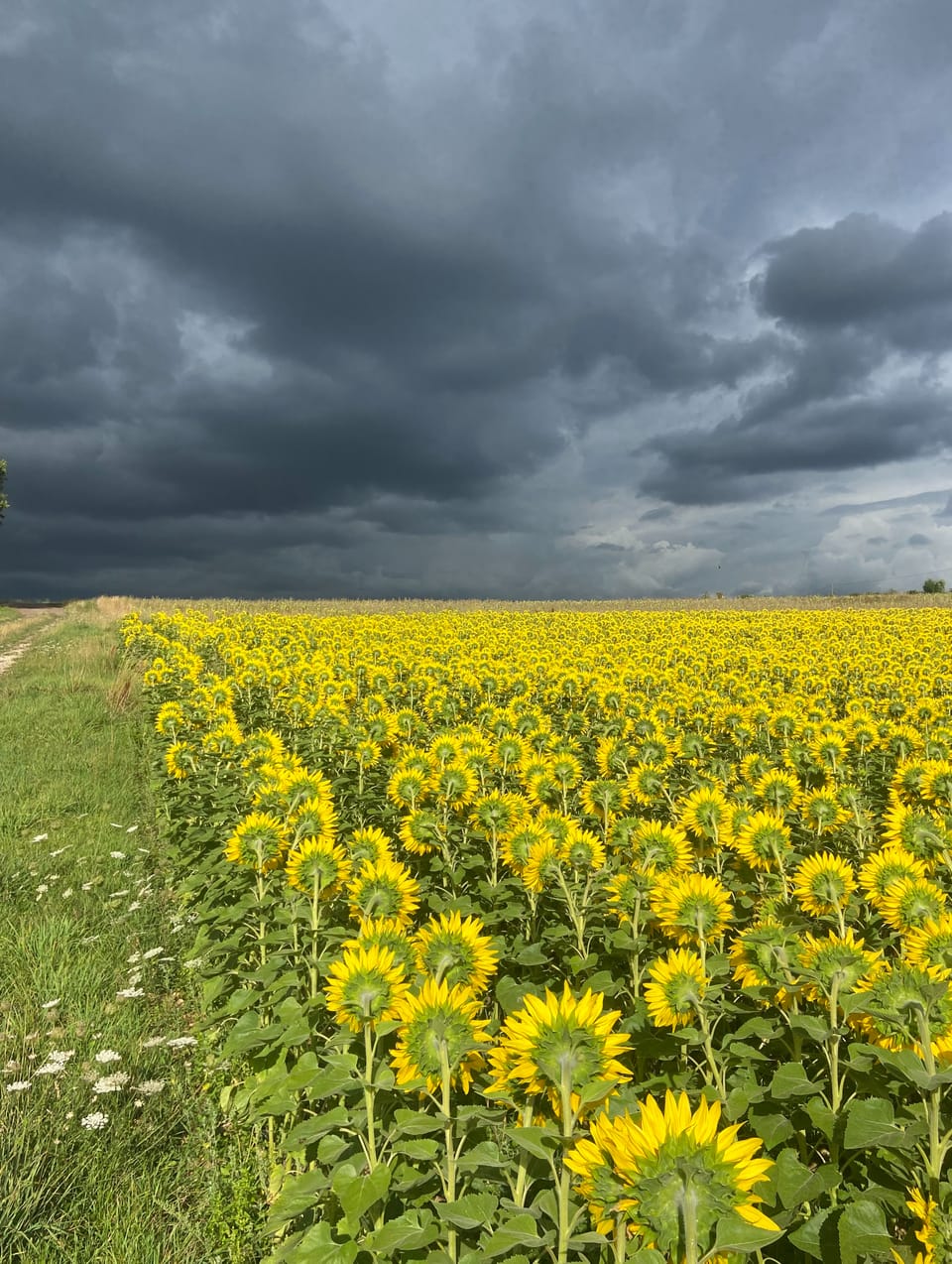
“I often feel like a resident of Pompeii who has been asked for some humorous comments on lava.”
The anecdotal evidence about the impact of the resident doctors’ five-day industrial action that I mentioned last week was not wrong, apparently.
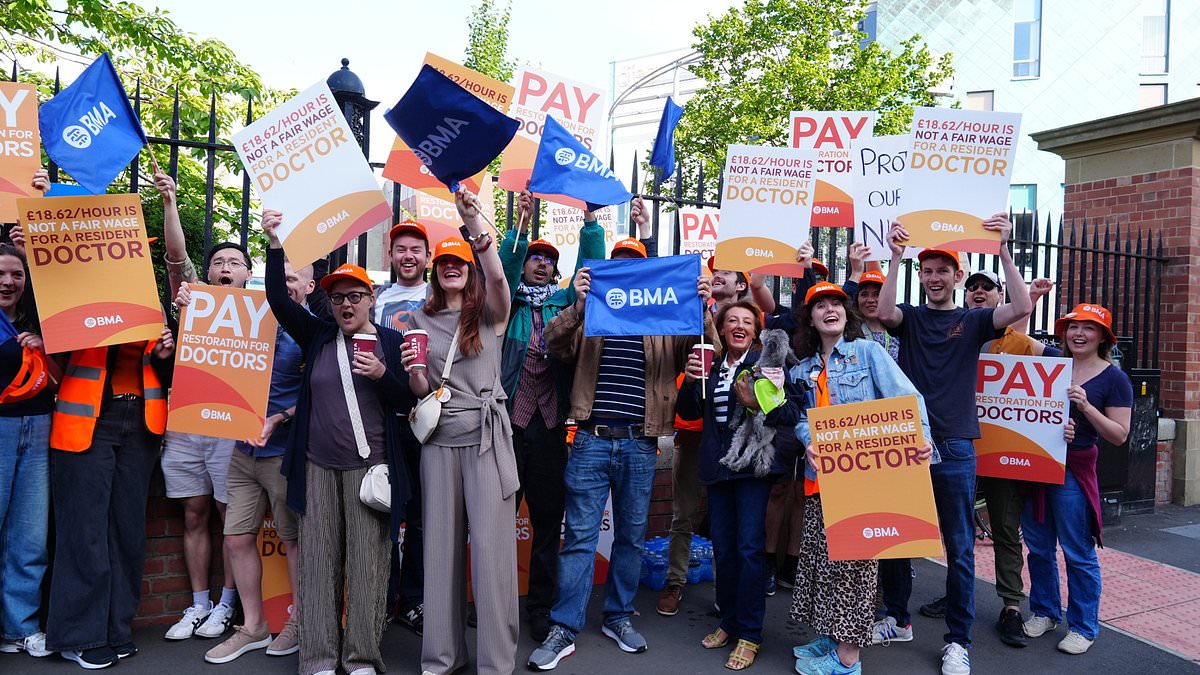
National English NHS data briefed to Mail On Sunday’s Anna Mikhailova indicated that two-thirds of resident doctors did not take part in the industrial action. Nearly 1,300 fewer doctors walked out, when this five-dayer is compared with the strikes against the last Conservative government in June 2024.
Nationally, the data suggests that 93% of planned NHS care went ahead during the five-day residents industrial action.
It’s challenging for the BMA Resident Doctors 2008 Pay Differential Historical Re-Enactment Society to put a positive spin on this.
But bless them: they had a go. A BMA spokesman told the MOS, “NHS England's claim that the majority of England's 77,000 resident doctors chose to 'Join the NHS-wide effort to keep the services open', requires a huge stretch of the imagination, given it is almost impossible to know the exact number of residents working on any given day because of complex work patterns, on-call schedules and the strike spread across a weekend.
“Added to that, in July many doctors are using up their annual leave before their new posts start and would therefore not show up as striking.”

Health But Social Care Secretary Wes Streeting struck a balanced tone in his letter to the BMA residents’ leadership, and in this Guardian comment piece.
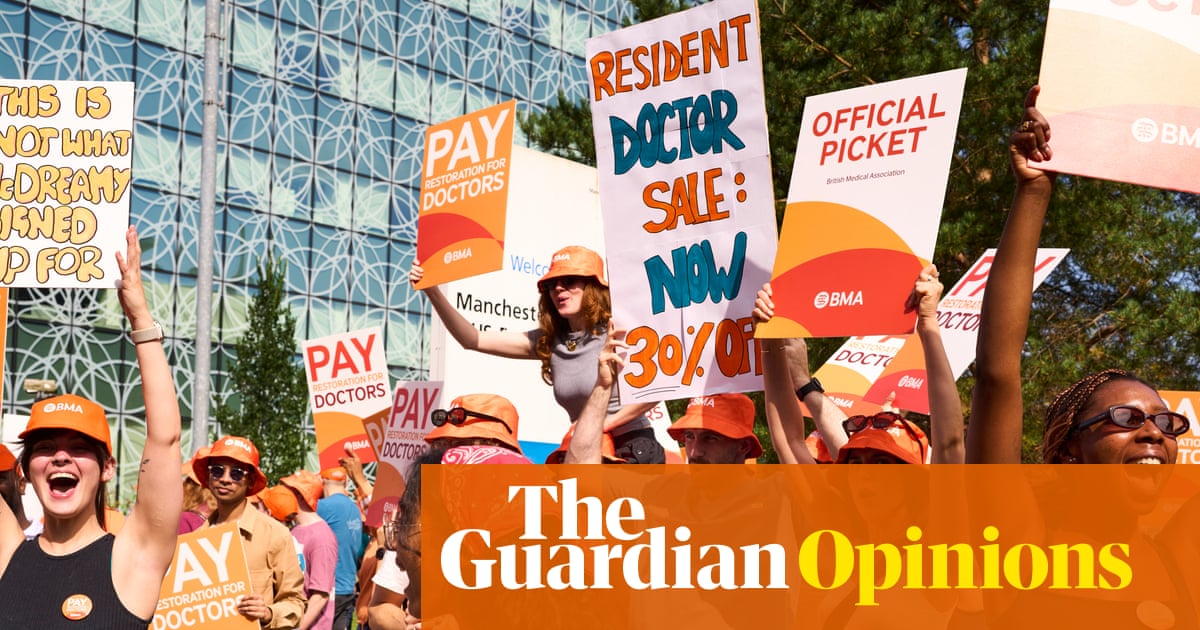
If Mr Streeting is feeling triumphant about the minimal impact of the strikes, then he would do well to conceal it as far as possible. This jumbled Guardian profile of Streeting, which contains the unintentionally hilarious quote from an un-named Labour MP that “Jeremy Hunt never really recovered from his bruising encounter with the doctors”, may not altogether help.
If the leaders of the BMA Resident Doctors 2008 Pay Differential Historical Re-Enactment Society possess the political ability to de-escalate matters, they have kept it remarkably well-hidden to date. As I wrote two weeks ago, one of their main challenges will be how to manage their Doctors Vote colleagues’ inevitable accusations of ‘selling out’ if they manage to do some sort of a deal.
This leaves Team Streeting in the position of having to do more than half of the difficult and unappetising work of de-escalation, while being fairly sure that their negotiating partners will be no better able to sell any potential deal this time around. The Grand Old Duke Of York Manoeuvre is never an easy one.
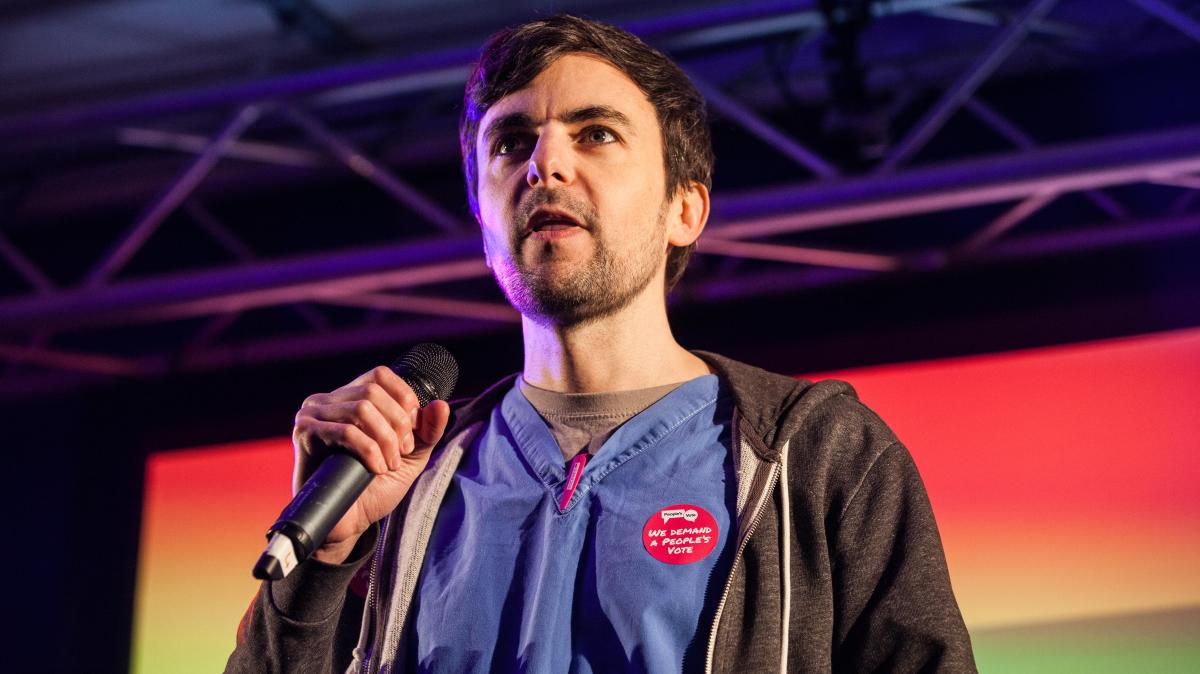
This comes on top of the considerable bad feeling over derogation requests, as The Times and Health Service Journal reported.

HSJ cites NHS England’s head honcho Sir James Mackey as saying that of the 18 requests rejected by the BMA, in half of these cases, the union said it would support them only if “extortionate pay rates were offered to striking doctors”.
There is, in short, copious scope for sub-optimal outcomes once negotiations resume on Tuesday.
Financing strife
Particularly given NHSE boss Sir James Mackey’s emphasis on fiscal rectitude, it will be worth looking out for the financial consequences to trusts of their efforts in minimising the strike’s impact.
In a letter sent to health bosses shared with the Financial Times, Sir James wrote, “a number of you have raised questions about the appropriate use of additional payments, rate cards and locum rates during industrial action.
“Whilst bank and locum rates remain a matter for local determination, as a general principle, it’s important no individual profits personally from industrial action, especially given the extra efforts of all other staff groups to maintain services during the strikes. This has become a dominant issue in discussions today so can we all be really vigilant about this please?”
So an FOI request well worth doing would be to ask English NHS provider trusts how many of their medical staff they have paid at the BMA ‘rate card’ during the period of this strike, and what (if any) assurances they received from NHS England, nationally or regionally, about the consequent overspending on this.
Who knows, perhaps even the BMA Resident Doctors 2008 Pay Differential Historical Re-Enactment Society might think about asking this one? Stranger things have, occasionally, happened.
Recommended and required reading
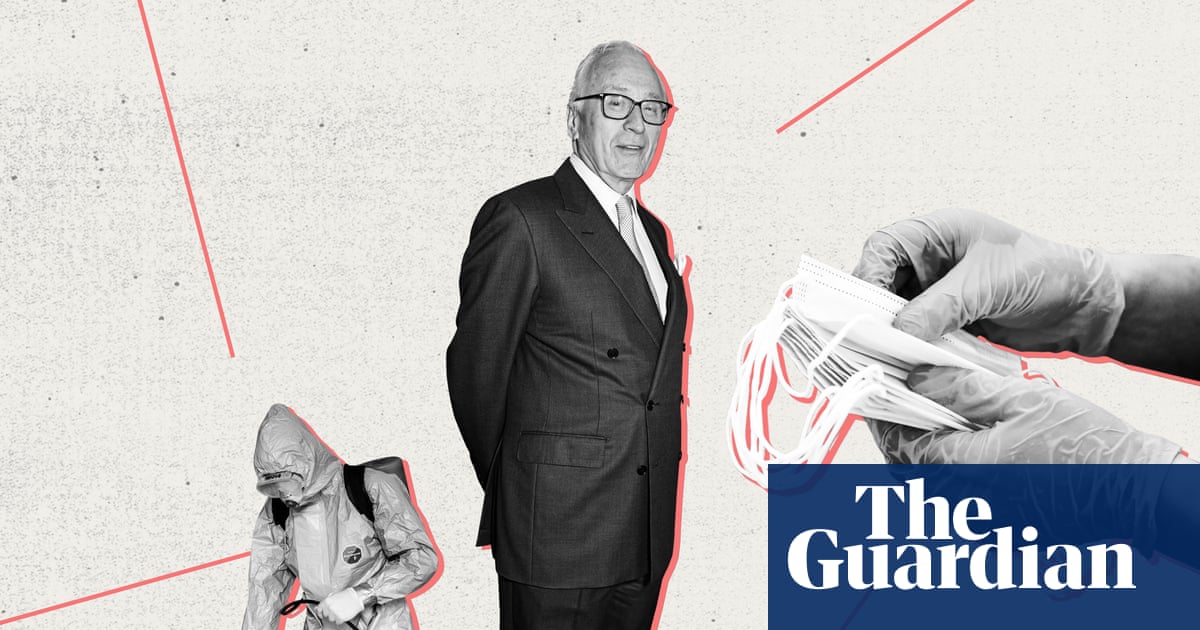
“I think the current government has inherited a really, really difficult picture around perinatal care, birth care and increasing reports of birth trauma. If only the previous government had done what it said it would do, that inheritance would have been very different”. Donna Ockenden tells The Guardian why maternity reform hasn’t got traction.
The Financial Times reports that major homecare mobility aid supplier NRS Healthcare is about to go bust.
Fine obituary of journalist and Society Guardian editor Malcolm Dean by the great John Carvel.
The latest briefing from The Health Foundation’s Networked Data Lab examines the experiences of people on the RTT waiting list. Tl,dr: they find stark inequalities in elective care waits, highlighting deprivation, ethnicity, and digital exclusion as key barriers to equitable recovery.
Solid FT piece on the pharma patent cliff.
A particularly crass fraudulent attempt to sue the NHS came to well-deserved grief, The Times reports.
Steve Black’s latest HSJ Mythbuster highlights some more egregious AI hyping.
AI physio is A Thing, apparently.
AI finds hundreds of potential antibiotics in snake and spider venom, apparently.
Shaun in the Sunday Times on the maintenance backlog’s impact.





